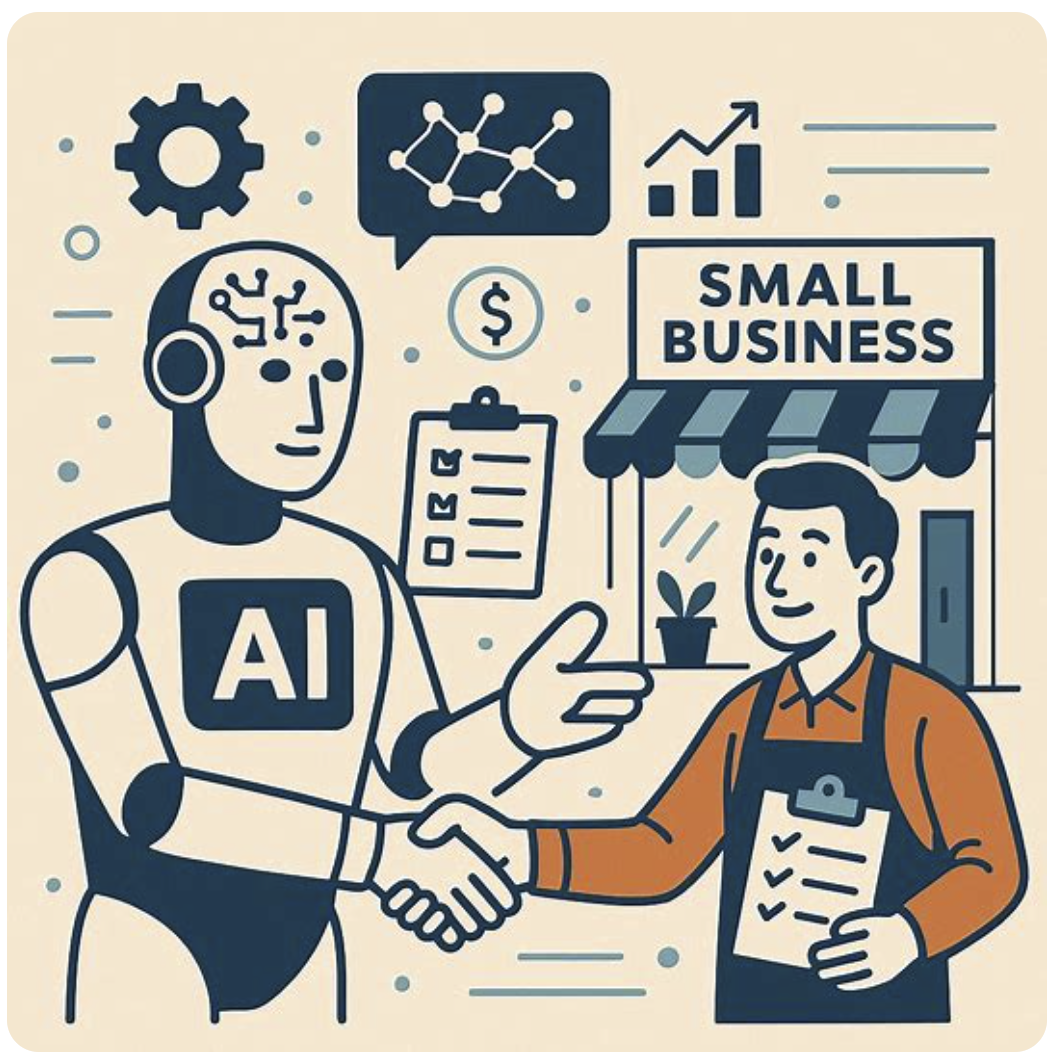Pros And Cons Of Implementing AI In Small Business Marketing
AI isn’t just for tech giants anymore. Small businesses are stepping into the world of artificial intelligence, and it’s opening up a universe of possibilities. For starters, AI can handle those repetitive marketing tasks that eat up your time, like scheduling social media posts or sending follow-up emails. Imagine having all that extra brainpower for bigger, creative plans.

AI’s analytical prowess is a game-changer. It sifts through heaps of consumer data to help you build marketing campaigns that feel more personal and hit just the right notes. This means you can offer customers what they want, maybe even before they know it themselves. A more targeted approach means a lot of happy customers and, ideally, more dollars in the till.
Then we’ve got customer engagement. With AI, your interactions can get a significant upgrade. Chatbots, for example, don’t need sleep, so they can be there around the clock, answering those common questions in a snap. And predictive analytics? They can assist you in foreseeing trends and staying ahead of the curve.
Cost might be a concern, especially at the start. Implementing AI technologies could feel like a steep investment. But think long-term. Once these systems are running, they can help save on labor costs and shore up efficiency, making that initial spend worth it.
When it comes to digital outreach, AI can also boost your visibility. Again, we’re talking about those intelligent algorithms sifting through data to pick the best SEO strategies. Small businesses can rise through the ranks online, grabbing more eyes and clicks without breaking a sweat.
However, it’s not all smooth sailing. Introducing new tech has its obstacles. From dealing with unfamiliar tech to ensuring robust data security, these challenges need tackling head-on to maintain customer trust.
If you’re considering AI, think gradual introduction. Don’t go for an overhaul. Start small with one or two AI applications. Tap into available resources—maybe even reach out to a consultant to sound out ideas. Keep an open mind, but stay adaptable by continually assessing how these tools impact your operations.
